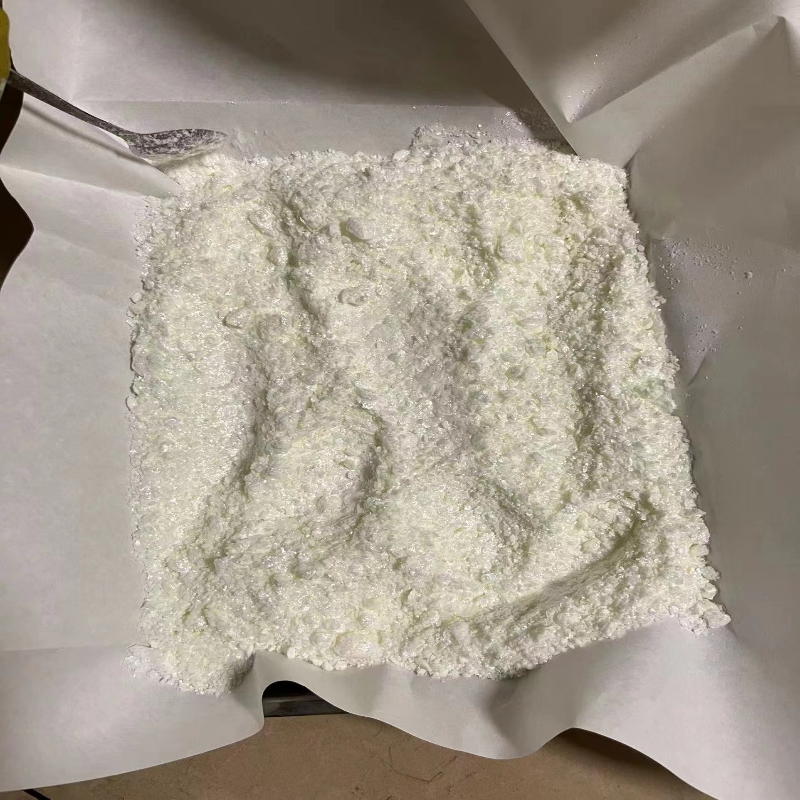-
Categories
-
Pharmaceutical Intermediates
-
Active Pharmaceutical Ingredients
-
Food Additives
- Industrial Coatings
- Agrochemicals
- Dyes and Pigments
- Surfactant
- Flavors and Fragrances
- Chemical Reagents
- Catalyst and Auxiliary
- Natural Products
- Inorganic Chemistry
-
Organic Chemistry
-
Biochemical Engineering
- Analytical Chemistry
-
Cosmetic Ingredient
- Water Treatment Chemical
-
Pharmaceutical Intermediates
Promotion
ECHEMI Mall
Wholesale
Weekly Price
Exhibition
News
-
Trade Service
In a new study, researchers at Texas A&M University have discovered an efficient way to make biodegradable plastics from excess sludge
.
The researchers report that the bacterium Zobellella denitrificans ZD1, found in mangroves, consumes sludge and wastewater to produce polyhydroxybutyrate, a biopolymer that can replace petroleum-based plastics
.
In addition to reducing the burden on landfills and the environment, Zobellella denitrificans ZD1 offers a way to reduce upstream costs of bioplastic production, a step toward making it more competitive than regular plastics, the researchers said
.
"The price of raw materials, cultivating biopolymer-producing bacteria accounts for 25-45% of the total production cost of making bioplastics
.
Polyhydroxybutyrate is an emerging bioplastic produced when several bacteria encounter nutrient imbalances in the environment
.
For their study, Chu and her team selected Zobellella denitrificans ZD1, whose natural habitat is the salt water of mangroves
.
By exploiting the tolerance of denitrifying bacteria ZD1 in a salt environment, Chu noted, the expensive sterilization process typically required when working with other bacterial strains can be avoided
.







